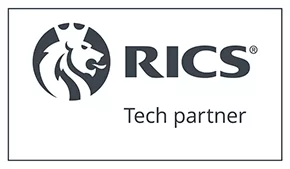Overhead costs in the construction industry refer to the indirect expenses associated with running a construction project that are not directly tied to specific construction activities. These costs are essential for the overall operation and management of a project but do not include direct labor or materials costs.
Key Components:
- Administrative Expenses: Costs related to office operations, including salaries of administrative staff, office supplies, and utilities.
- Site Overheads: Expenses for site setup and maintenance, such as site offices, security, temporary utilities, and site management staff.
- Insurance: Premiums for project-specific insurance policies, including liability, workers’ compensation, and property insurance.
- Permits and Fees: Costs for obtaining necessary permits, licenses, and regulatory fees.
- Equipment Maintenance: Costs for the maintenance and repair of construction equipment.
- Marketing and Bidding Costs: Expenses incurred in the process of bidding for projects and marketing efforts to secure new contracts.
- Health and Safety Compliance: Costs associated with ensuring compliance with health and safety regulations, including training and safety equipment.
Benefits:
- Operational Efficiency: Ensures the smooth operation and management of the construction project.
- Risk Management: Helps manage risks by covering essential administrative and regulatory compliance costs.
- Budget Control: Provides a clear understanding of the indirect costs involved in a project, aiding in comprehensive budget planning and control.
Process:
- Identify Overhead Components: Determine all indirect costs associated with running the construction project.
- Allocate Costs: Allocate overhead costs to the project based on historical data and project-specific requirements.
- Monitor Expenses: Continuously monitor overhead expenses throughout the project to ensure they remain within budget.
- Adjust Budget: Make necessary adjustments to the budget to accommodate any changes in overhead costs.
Applications in Construction:
- Project Budgeting: Used in the initial stages of project planning to create a comprehensive budget that includes both direct and indirect costs.
- Cost Management: Helps in managing and controlling overall project costs by providing a clear understanding of indirect expenses.
- Financial Reporting: Assists in creating detailed financial reports that include overhead costs, ensuring transparency and accountability.




